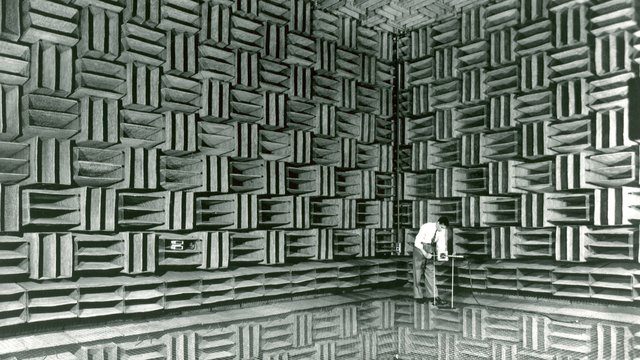Auteur – A film director who influences their films so much that they rank as their authors.
-treat music as “a key thematic element and a marker of authorial style”
-“Auteur melomania is a specific historical phenomenon”
-Melomania is an inordinate liking for music or melody.
-‘…the ‘auteur director’ has placed a premium on asserting control of the texture, rhythm and tonality of his or her work, and of the social identifications, made available through music choices.”
-“advent of digital recording… as well as digital video editing have made it possible for directors to exert much greater control over the selection and placement of music in their films.”
-“Liberated the music soundtrack”
-“music is a platform for the idiosyncratic expression of taste and thus it conveys not only meaning in terms of plot and theme, but meaning as authorial signature itself.”
-In ‘Jackie Brown’ Max Cherry “tenderly acquires” the Delfonic’s song ‘Didn’t I (Blow your mind this time)’ after hearing Jackie play it. From then on “their” song “takes on resonance as a repeated theme, a special kind of diagetic resonance involving characters knowledge or lack of knowledge, and characters openness (or not) to ‘hearing’ one another”
-“the music’s arbitrary segmentation not only reflects and aesthetic negation but it also yields another kind of expressive depth.”
-“the auteur can write in cinema, using sound as well as camera.”
“In conventional cinema, music’s syntax is surely secondary to narrative syntax. The arc and timing of music is normally subordinated to the demands of the scene, but a set of long established rules “softens” the way the narrative flow determines the length of music cues, making music fit the form of the scene…” “For Godard, music is a montage element, subject to radical disruption and placed in dialectical relationships with the image and the other soundtrack elements.”
-“…music carries cultural meaning…”
I decided to read this article after reading about Mathieu Kassovitz as an ‘Auteur’, to develop an understanding of how auteur’s use music within their films. These ways of thinking around music in cinema as more than just a soundtrack is fascinating. The short case studies on each director in this essay made this information accessible in a way that simply defining concepts wouldn’t. In my next reading I would like to find out how Kassovitz wished to use music in La Haine himself, and find out other academics views on it.
